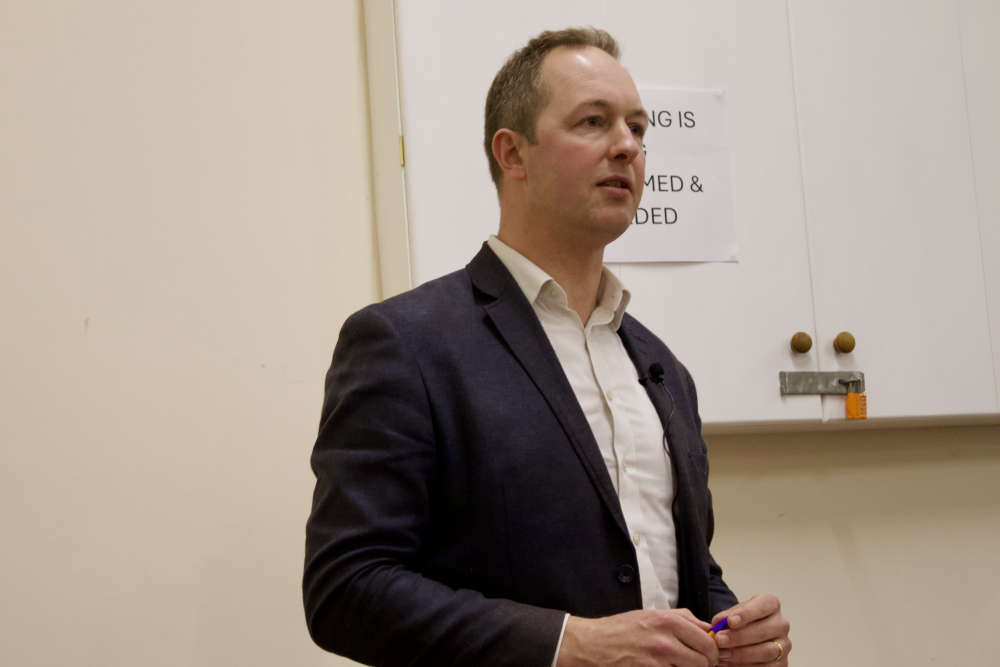
Richard Foord said he has concerns about the potential impact on staff
A Devon MP has raised fears about the impact on local government workers ahead of major changes that look set to mean fewer councils.
Richard Foord, whose constituency includes Honiton, the base for East Devon District Council, is questioning what could happen to staff if the council is abolished.
Deputy prime minister Angela Rayner released a devolution bill last month, announcing plans to scap the two-tier system of local government, something which affects the whole of Devon outside Plymouth and Torbay.
England currently has 21 county councils – which oversee services such as education and highways – and 164 district councils in charge of smaller budget items such as planning and waste collections.
Ms Rayner wants these replaced with larger authorities whereby all services are under one roof, similar to Plymouth and Torbay.
“If we are to see district councils scrapped, I’m concerned for East Devon District Council and its staff art Honiton,” Mr Foord said.
“People from Honiton and across the district work there, with really good officers, who are highly skilled and experienced, but who now must be worried about the future.”
Mr Foord is also concerned about a so-called “skills drain”, whereby experienced council workers might seek jobs elsewhere because of uncertainty about their jobs.
“Let’s take local planning officers, for example; the government has talked about recruiting more of them, but this [reorganisation] is sending a bit of a mixed message to such staff,” he added.
“People don’t know where a future unitary council will be based, and that could also impact their decisions around work.”
Mr Foord added that Devon is “pretty exceptional” in terms of its scale, and that poor transport links make it difficult to traverse, meaning it could be harder to govern from fewer centres.
“And if you look to a neighbour like Somerset, they had a big reorganisation into a unitary council but they are still in financial dire straits and it hasn’t produced the financial savings that some people said it would,” he said.
Devon’s councils are racing to put forward proposals about how they might merge by the government’s deadline next week.
A senior source told the Local Democracy Reporting Service that four district councils are in talks to merge, while Luke Taylor, the Liberal Democrat leader of Mid Devon District Council, said last month that it is in talks with possible merger partners.
Exeter’s leader Phil Bialyk also announced that he wants the city to become a unitary council.
Such a move for Exeter could be difficult, given the government wants councils to oversee populations of at least 500,000 people, and only 130,800 live in Exeter, according to the 2021 Census.
Last year Devon County Council and Torbay created a ‘combined county authority’ (CCA). However, this entity was not intended to replace the councils, but instead allow them to gain greater control over some services, such as transport, and adult skills and education.
 MPs blast ‘scandal’ of sewage spills
MPs blast ‘scandal’ of sewage spills
 Devoncast – Farage, Davey, and fighting fight fires
Devoncast – Farage, Davey, and fighting fight fires
 Man sentenced after killing estranged wife
Man sentenced after killing estranged wife
 Five to fight it out in North Devon by-election
Five to fight it out in North Devon by-election
 Lib Dem leader calls for upgrades to North Devon hospital
Lib Dem leader calls for upgrades to North Devon hospital
